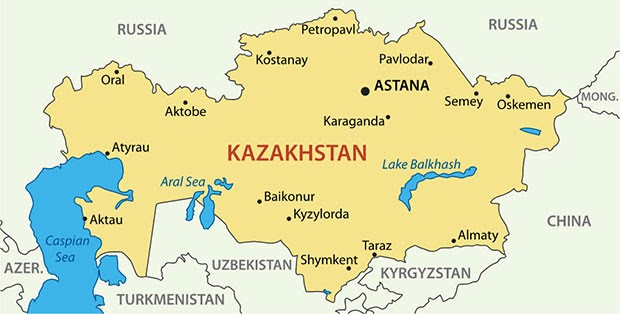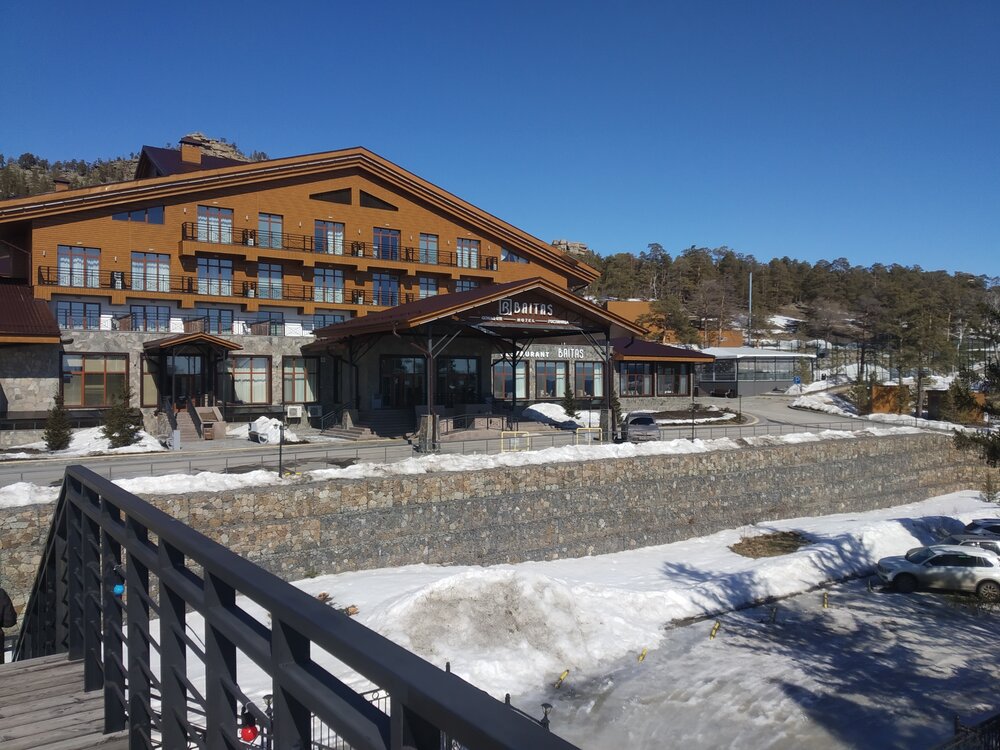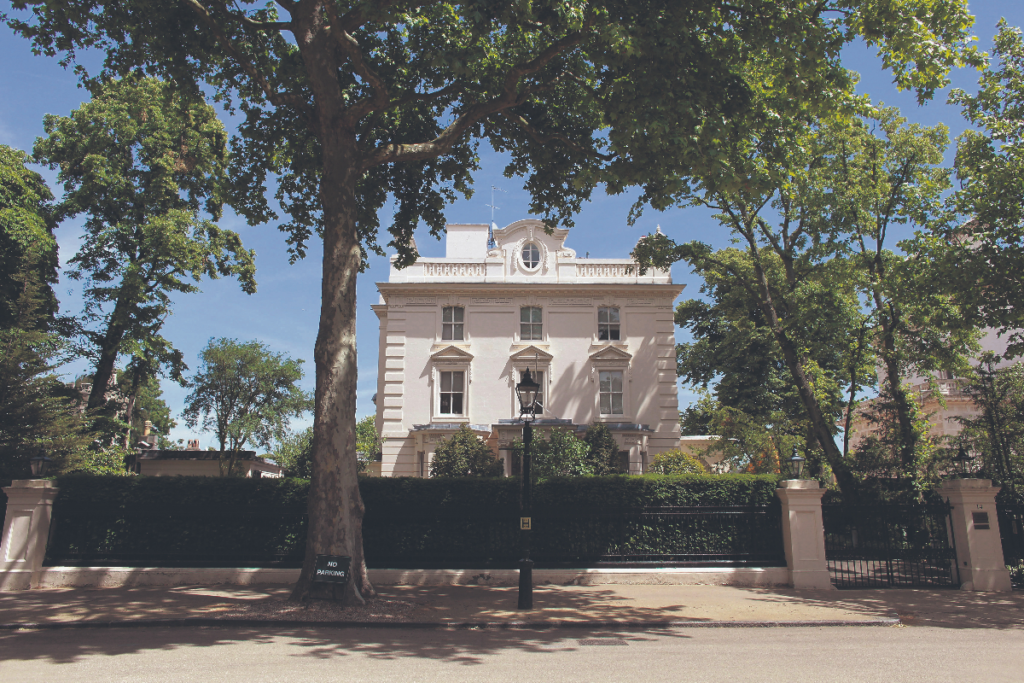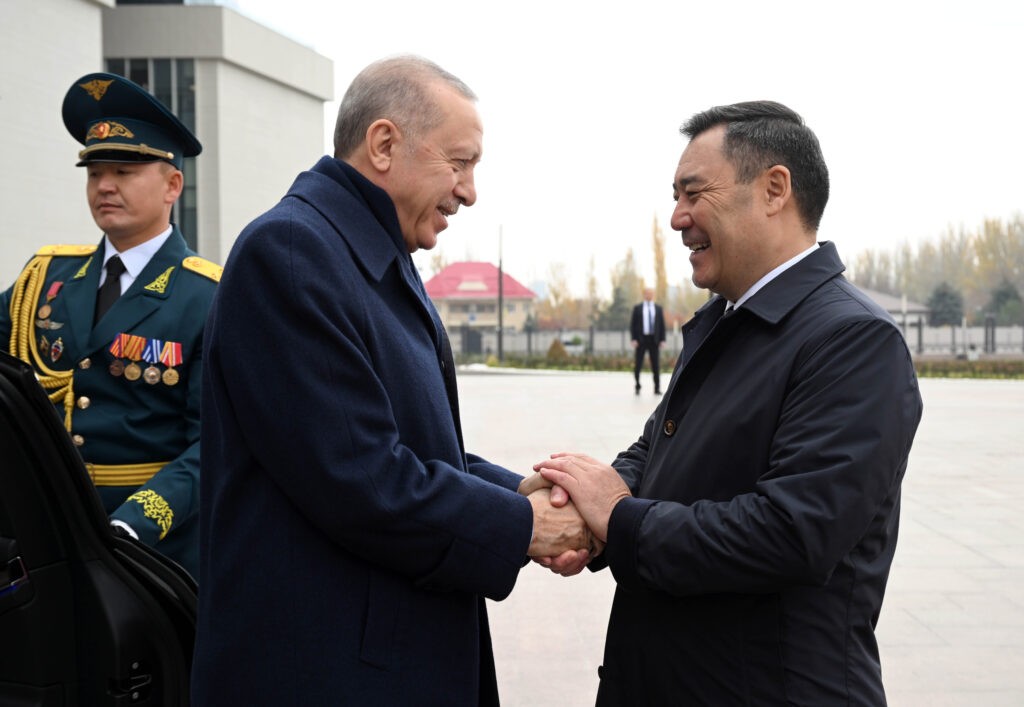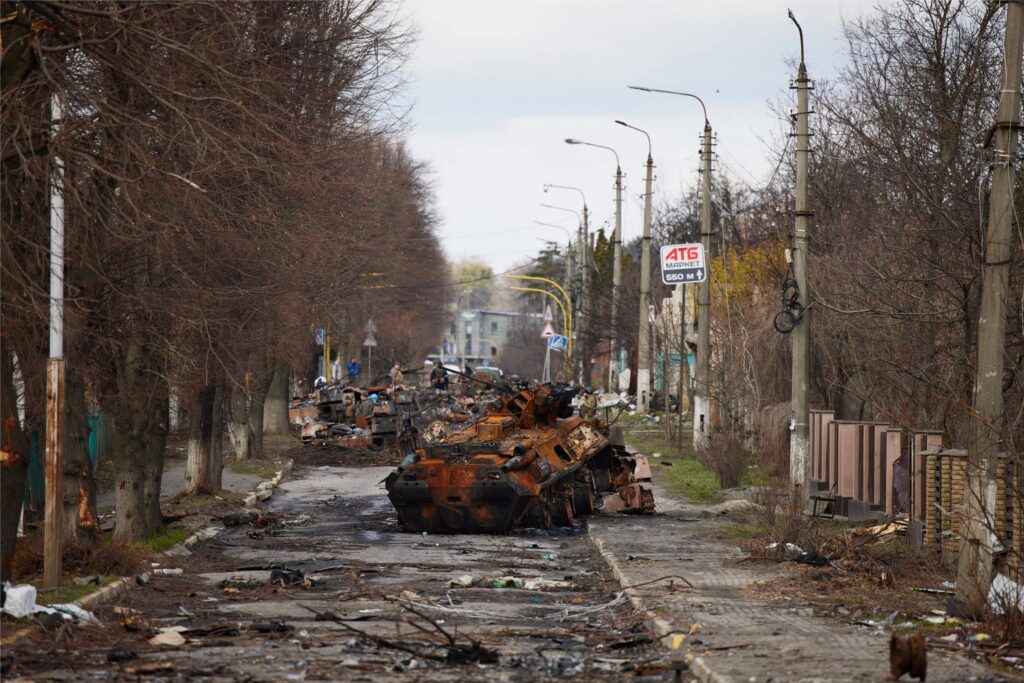NUR-SULTAN (TCA) — At the Government meeting on May 6, Minister of National Economy Ruslan Dalenov reported on the impact of public-private partnerships on the country’s economy, as well as on the measures taken to enhance public-private partnership, the official website of the Prime Minister of Kazakhstan reported.
In Dalenov’s words, in recent years, investment through public-private partnerships has increased and contributed about 0.2% to GDP growth.
As of May 1, 2019, the total number of projects is 1,285 for 2.9 trillion tenge, including already concluded 548 contracts worth 1.5 trillion tenge. At the preparation stage, there are 737 projects worth 1.4 trillion tenge. The largest number of projects is in the areas of education, healthcare, energy and utility services, culture and sports.
The leaders in the number of contracts concluded are East Kazakhstan, Pavlodar regions and the city of Almaty.
The minister announced the creation of the Factory of Prepared Projects, where the planned and ongoing projects will be placed in a single format and in a single database in open access for potential investors.
Minister of Industry and Infrastructure Development Roman Sklyar reported that in the sectors supervised by his ministry, under the PPP mechanism, there are 32 projects at the implementation and development stage.
On the project “Construction and Operation of the Big Almaty Ring Road,” the concessionaire completed the mobilization and began construction and installation. In 2021, the road section will be open.
On the project “Construction of Infrastructure for Nur Zholy Automobile Checkpoint” at the site of the Almaty-Khorgos road (Western Europe – Western China), the facility was put into operation on June 22, 2018. The contractual obligations of the concessionaire were fulfilled.
The project “Construction and Operation of High-Speed Roads of the Turkestan Region” provides for the construction of roundabouts of Shymkent and Saryagash (150 km) and the operation of roads with a total length of 265 km. In June 2019 it is planned to submit the project to the national budget commission and announce a tender.
The implementation of the Open Toll Collection System will allow introducing a toll collection system for 11 thousand km of roads of republican significance. Tenders will be held from May to November, and an agreement will be concluded in December 2019.
The project “Construction of Shar – Ust-Kamenogorsk Railway on a Concession Basis,” with a length of 153 km, was implemented. The concession period is defined until 2028 with the subsequent transfer of the line to JSC Kazakhstan Temir Zholy National Company.
On the project “Construction of a Railway Line Bypassing the Almaty Station” with a length of 73.2 km, the results of the first stage of the competition have been summed up. Two Kazakhstan-Chinese consortia passed the qualifying selection. Currently, tender documentation is being developed for the second stage of the tender to determine a private partner. The signing of the contract is scheduled for November 2019. Construction is expected in 2020–2022.
The project “Construction of the Airport of Turkestan” is currently searching for a potential investor. Preliminary there are three interested companies which submitted applications.
The project “Implementation and Adaptation of the Information System of Paperless Document Circulation in Air Freight (e-Freight)” is being implemented. In March, the system was launched in a test mode at all airports of Kazakhstan with the participation of Kazakh airlines.
